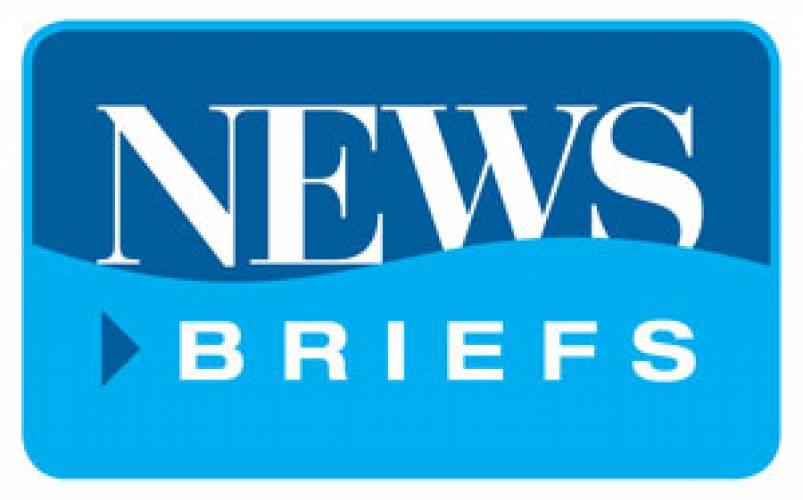News Briefs: Louisiana Utility Accused of Bullying Homeowners, Falsifying Reports
Also in this week's sewer and water news, a Minnesota representative calls on the government to allocate more money for water infrastructure; and a Pennsylvania town's water mandate has citizens ready to migrate elsewhere
Popular Stories
Discussion
Comments on this site are submitted by users and are not endorsed by nor do they reflect the views or opinions of COLE Publishing, Inc. Comments are moderated before being posted.






